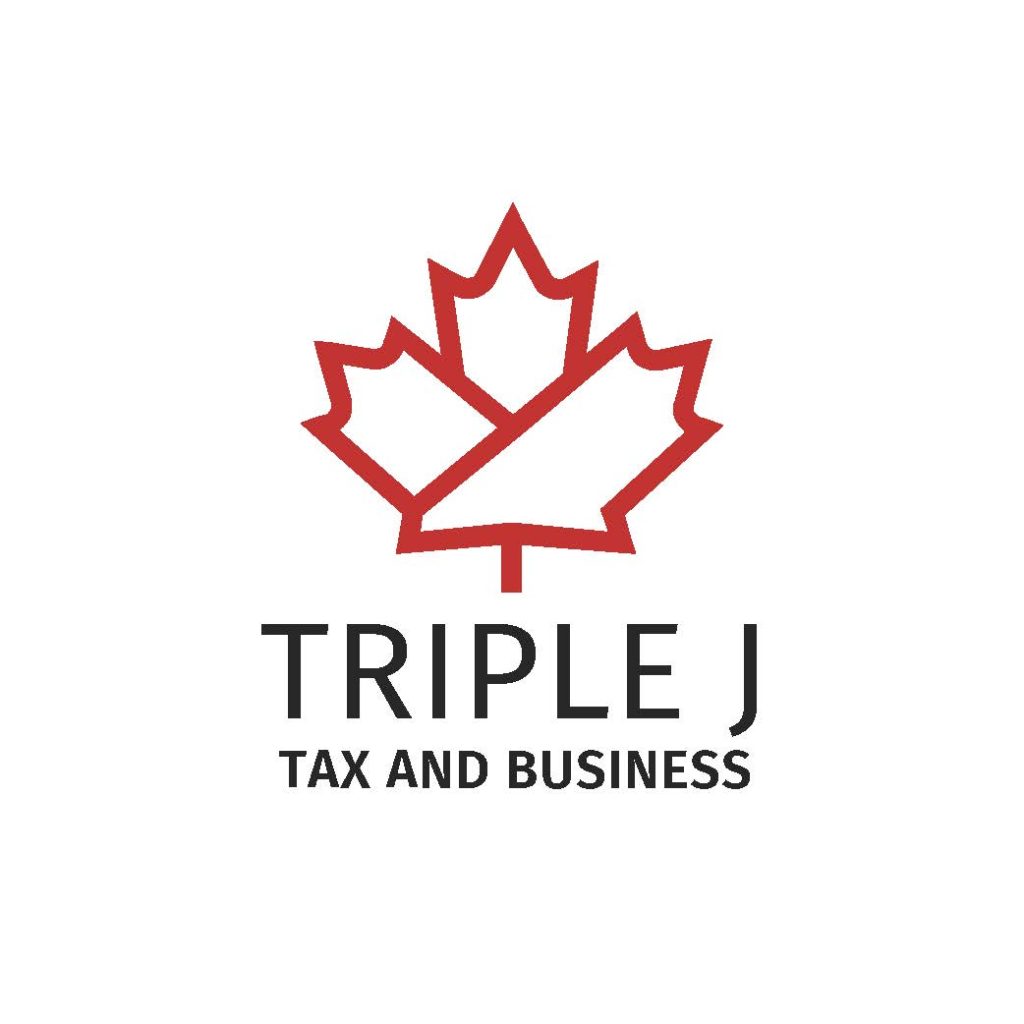Financial statements should be understandable, relevant, reliable and comparable.
Business Financial Statements Services in Mississauga
For a business enterprise, all the relevant financial information, presented in a structured manner and in a form easy to understand, are called the financial statements.

They are often required for the following situations
- 01. File corporation tax
- 02. Make important business decisions by owners and managers
- 03. Request a business loan through banks and other lending companies
- 04. Apply for credit through vendors
- 05. Attract investors and potential buyers
- 06. CRA auditing
Triple J Canada Consultants can help to prepare all four basic financial statements:
- 01. Balance Sheet (Statement of Financial Position)
- 02. Profit and Loss statement (Statement of Comprehensive Income)
- 03. Statement of Changes in Equity
- 04. Statement of cash flows (not required for corporation tax filing, extra charge apply for this)
Company Financial Statements Service in in Mississauga
Professional accountants or accounting firms are the best resources for preparing financial statements. They ensure accuracy, compliance, and adherence to Canadian Accounting Standards.
- •Chartered Professional Accountants (CPAs): Offer expertise in preparing reviewed or audited financial statements.
- •Bookkeepers: Can assist with compiling records for smaller businesses.
- •Accounting Software Providers: Often offer tutorials or support for self-prepared financial statements.
Outsourcing to a professional service is especially beneficial for businesses with complex operations or regulatory requirements, ensuring their financial statements meet both legal and strategic needs.
Accounting software simplifies the preparation of financial statements by automating data entry, calculations, and report generation. Key benefits include:
- •Accuracy: Reduces manual errors and ensures compliance with accounting standards.
- •Efficiency: Saves time by streamlining bookkeeping and reporting processes.
- •Customization: Generates tailored reports to meet the specific needs of stakeholders or tax authorities.
Popular software options like QuickBooks, Xero, or Sage allow businesses to produce real-time financial statements that support informed decision-making.
The frequency of financial statement preparation depends on the company’s needs and regulatory requirements:
- •Monthly or Quarterly: Many companies prepare interim statements to monitor performance, manage cash flow, and meet stakeholder expectations.
- •Annually: Annual statements are required for corporate tax filings and shareholder meetings.
- •On-Demand: Statements may be needed when seeking financing, pitching to investors, or during mergers and acquisitions.
Regular preparation helps businesses stay informed about their financial position and respond proactively to challenges.
Financial statements are directly tied to tax reporting, as they provide the data needed to prepare tax returns.
- •Income Statement: Helps calculate taxable income by detailing revenue and deductible expenses.
- •Balance Sheet: Supports tax filings by showing assets, liabilities, and equity changes.
- •HST/GST Reporting: Accurate financial records ensure proper tracking of HST/GST collected and remitted.
For corporations, financial statements must align with the CRA’s requirements, and discrepancies between tax filings and financial statements can trigger audits.
Financial statements are essential tools for evaluating performance and planning. Companies can use:
- •The Income Statement: To identify revenue trends, control expenses, and measure profitability.
- •The Balance Sheet: To assess debt levels, cash reserves, and asset management.
- •The Cash Flow Statement: To monitor liquidity, plan investments, and ensure sufficient cash for operations.
By analyzing these statements regularly, companies can identify growth opportunities, reduce inefficiencies, and create data-driven budgets or forecasts.
Failure to prepare or file financial statements can result in several consequences:
- •For Corporations: Non-compliance with the OBCA can lead to fines, loss of good standing, or even dissolution of the corporation.
- •For Tax Purposes: Inaccurate or missing financial statements can result in penalties from the Canada Revenue Agency (CRA), including fines, interest on unpaid taxes, or audits.
- •Investor Relations: For public companies, failure to file statements with the OSC can result in trading restrictions or delisting.
Small businesses may also face difficulties securing loans or managing operations without proper financial documentation.
The type of financial statement preparation depends on the company’s size, ownership structure, and reporting requirements:
- Audited Financial Statements: Prepared with the highest level of assurance, audited statements are examined by an external auditor to ensure accuracy and compliance. Required for public companies and larger corporations.
- Reviewed Financial Statements: Offer moderate assurance, as an accountant reviews the statements to ensure they are plausible but doesn’t perform a full audit. Often used by private companies seeking loans.
- Compiled Financial Statements: Prepared based on data provided by the company, with no assurance from the accountant. Commonly used by small businesses for internal purposes.
Yes, most businesses in Ontario, particularly corporations, are legally required to prepare financial statements.
- Corporations: Under the Ontario Business Corporations Act (OBCA), corporations must maintain proper financial records and present financial statements to shareholders annually.
- Private Companies: While private companies may not need to file statements publicly, they must prepare them for tax filings and reporting to stakeholders.
- Public Companies: Publicly traded companies are subject to stricter rules under securities regulations, requiring audited financial statements to be filed with regulatory bodies like the Ontario Securities Commission (OSC).
The three primary components of financial statements are:
- Balance Sheet: Shows a company’s assets, liabilities, and equity at a specific point in time.
- Income Statement: Details revenue, expenses, and profits over a period, illustrating operational performance.
- Cash Flow Statement: Tracks the inflow and outflow of cash, highlighting the company’s liquidity and financial stability.
Additional disclosures or notes may accompany these statements, providing context, assumptions, and explanations for figures. Together, these components give stakeholders a comprehensive view of the company’s financial position and performance.
Financial statements are formal records of a company’s financial activities and position, typically including the balance sheet, income statement, and cash flow statement. They provide a snapshot of a company’s financial health, allowing owners, investors, and creditors to make informed decisions.
In Ontario, financial statements are critical for meeting regulatory requirements, securing loans, and attracting investors. They also help businesses assess profitability, identify inefficiencies, and plan for future growth. For corporations, financial statements are often required for tax filings and must adhere to Canadian Accounting Standards for Private Enterprises (ASPE) or International Financial Reporting Standards (IFRS).

